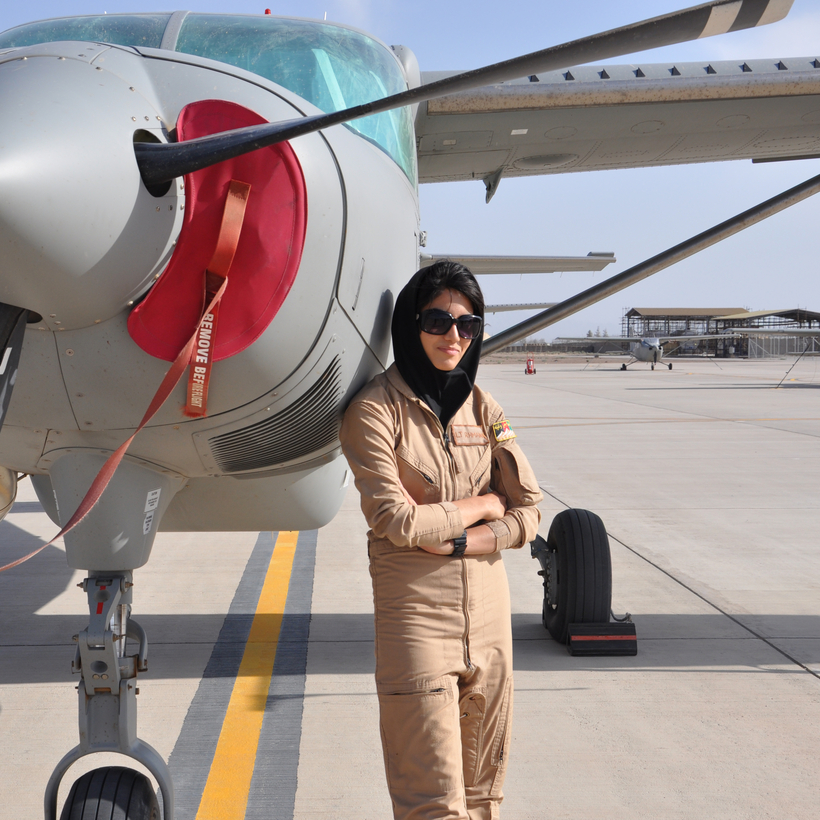Open Skies: My Life as Afghanistan’s First Female Pilot by Niloofar Rahmani with Adam Sikes
Many years ago, as a student in Italy, I met an older man with an extraordinarily weathered face waiting in a line at the post office.
“Where are you from?,” I asked, realizing he was not Italian.


